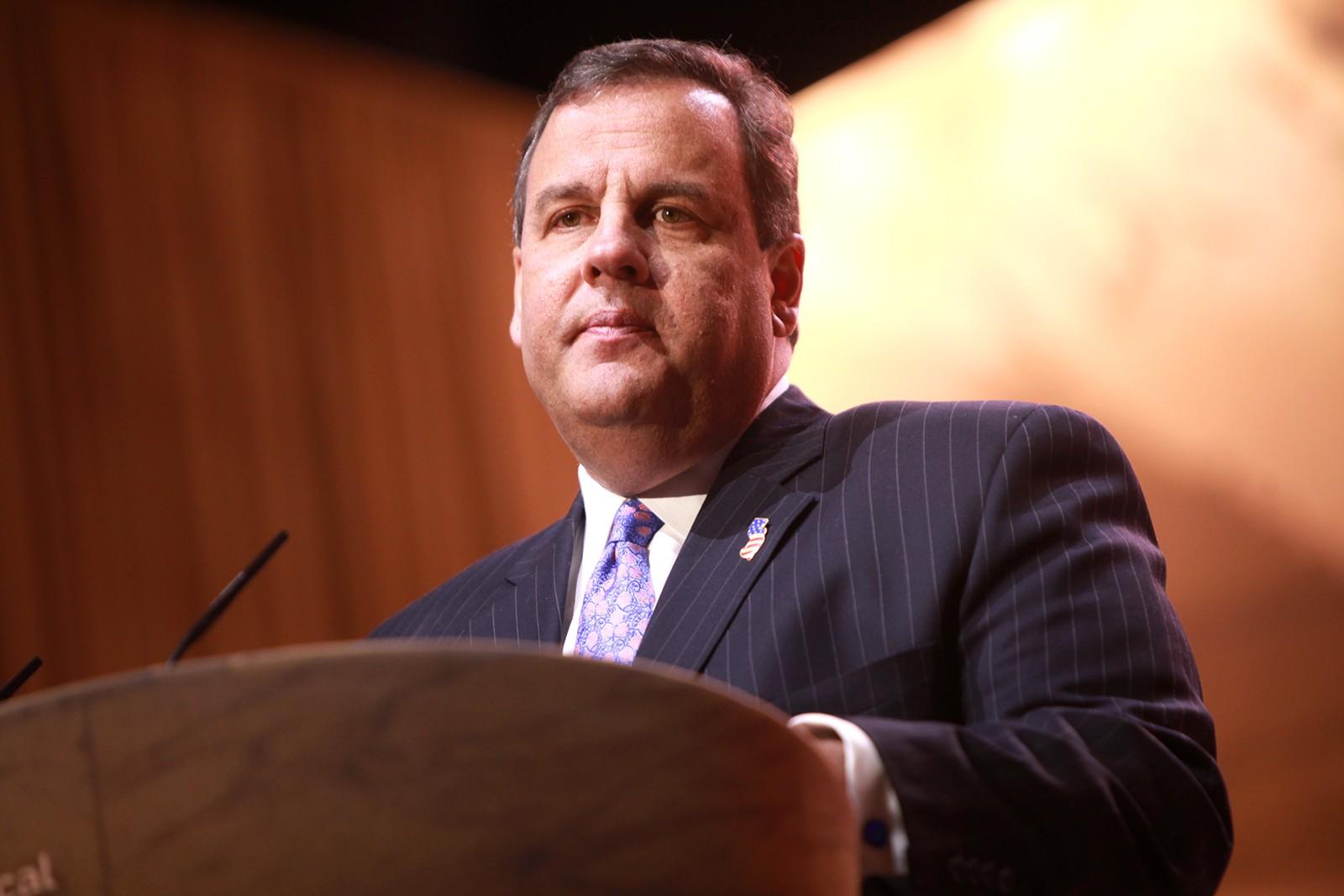Three cheers for dank political memes. Following New Jersey Gov. Chris Christie’s endorsement of Donald Trump, the Twittersphere has been tweeting screencaps of Christie’s face with funny captions, effectively creating a new meme, The Washington Post reported.
Memes are so widespread this election that Democratic candidate Bernie Sanders’ supporters started a public Facebook group in which users posts memes of the senator and the election in general. The group, Bernie Sanders’ Dank Meme Stash, currently has more than 369,000 members.
Political memes are even garnering attention from academics. Benjamin Burroughs, an assistant professor of emerging media at the University of Nevada at Las Vegas, told The Washington Post, “[Memes] speak in a language that people have grown up with on social media … which can make them very articulate and very poignant.”
The shrewd politician should be able to utilize the power of memes to bolster a campaign. Being self-aware and media literate is highly appealing to the younger generation.
Memes are excellent at conveying simple, direct messages through a visual medium accessible to even the most clueless constituent. Mix that with politics and Internet-savvy young Americans, and memes are the perfect entry point for young voters to delve into an election. Seeing Christie’s face all over the Internet could cause a young voter to look into why the governor endorsed Trump in the first place.
Using memes to their advantage makes a candidate relatable and impenetrable. Misusing them is disastrous. Just ask Democratic candidate Hillary Clinton, who went from a sunglasses wearing, no-crap-taking secretary of state to the laughingstock of young Sanders supporters.
Political memes are often started by voters and not campaigns. Memes are essentially boiled-down versions of complex issues concerning young people on the Internet. They are a natural part of social media-based political discourse.
Memes prove that normal people can make fun of politicians too. Gone are the days of bland political articles most people don’t have the incentive to read. The meme is the everyman’s political cartoon. In the days before the Internet, political cartoons were the easiest way to get a message across to a large number of people. Even the laziest or least educated of people can laugh at a picture of Donald Trump’s toupee flying off his head.
Memes go viral not because they were printed in The New York Times, but because they are shared by people who support their messages. In this way, memes are the most democratic version of communication. They are made by the people, for the people. What’s more American than that?
However, political cartoons are a little more sophisticated than memes. They key in on shrewd political observations and made powerful statements, whereas memes can be as stupid as Florida Sen. Marco Rubio drinking a tiny bottle of water. That may say the people of the Internet hate Rubio, but it doesn’t make any weighty statement of why. No discourse is opened.
This is where the problem lies. Memes often provide people with the illusion of being informed. It’s easier for people to remain blissfully unaware in the world of memes than to actually make an informed critique of a candidate.
The world isn’t one big Internet joke. Memes affect people’s political opinions, and those opinions can in turn affect the outcome of an election.
Furthermore, memes speak mainly for the candidates’ celebrity. In this race more than any other, each candidate has their own distinct archetype. Sanders is the wacky grandpa, Clinton is the out-of-touch grandma, Trump is a comic book supervillain and Cruz is the bland suburban dad constantly on the verge of tears (or the Zodiac Killer, depending on who you ask).
Any crusty old white man running for president would be trashed by the Internet-crazed youth, yet Sanders is a meme god. Every candidate is being simplified to their most meme-able self. The only issues they have attached to them are there for the meme. There’s a point when political memes become so focused on their comedy that they no longer continue to be political statements, but empty jokes. It could be anyone in those memes filling those tropes.
Memes — and comedy, in a broader sense — reflect the United States’ political values. “Binders full of women” blew up in the 2012 presidential election because one, it sounded ridiculous, and two, Americans didn’t like Republican candidate Mitt Romney treating women as financial receipts. Bernie versus Hillary is a way for youth voters to say Clinton’s efforts in connecting with them come across as calculated and insincere. In some sense, memes have the ability to reveal the truth.
As evidenced by the popularity of “Last Week Tonight with John Oliver” or the “Weekend Update” segment on “Saturday Night Live,” comedy has the potential to deliver so much information to young voters. However, there comes a time when serious scrutiny needs to happen. Life, and the presidency, isn’t just one big viral meme.
Social media and Internet comedy should not be taking over the political conversation. Anyone, even the most uninformed Trump supporter, could post a meme. And nothing about it has to be true. Sometimes, there’s nothing wrong with a good old political brief.
Memes incite conversation, but it’s not always the most intellectual kind. Any American just has to look at their Facebook feed to see the mindless flood of memes pouring out of the Web on any given day. News outlets are legitimizing social media this election, and memes have found a unique place in the political sphere. A couple of chuckles won’t hurt anybody, but an eternity of dank memes is something this country can’t handle.























































































































Ben Garrison • Mar 4, 2016 at 7:52 pm
God I hate all of you, and yet I keep reading these trash articles. It’s like catharsis for my anger.